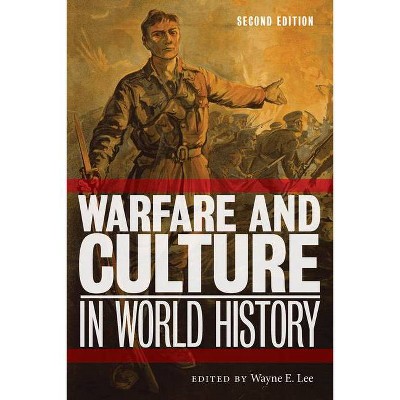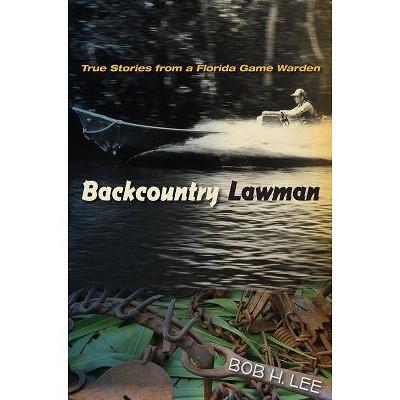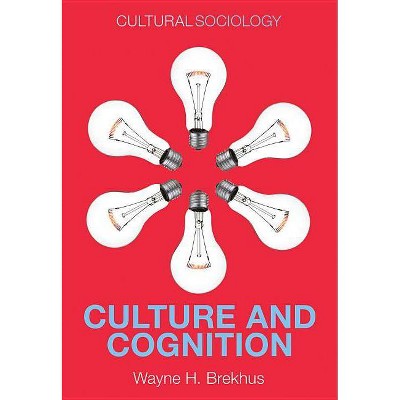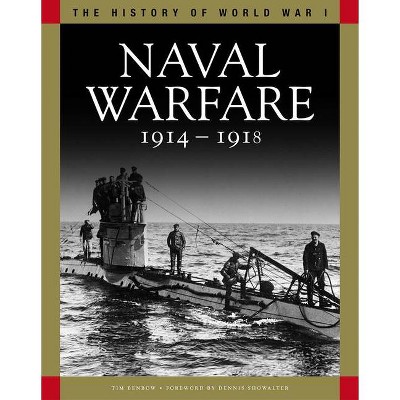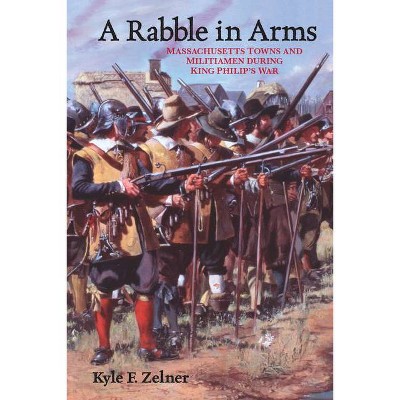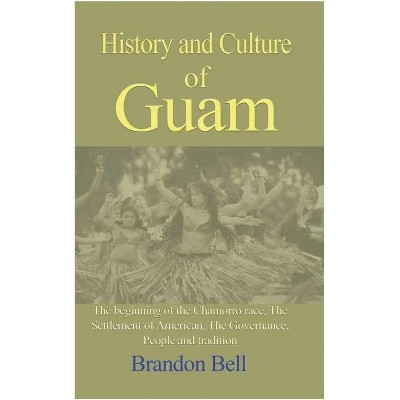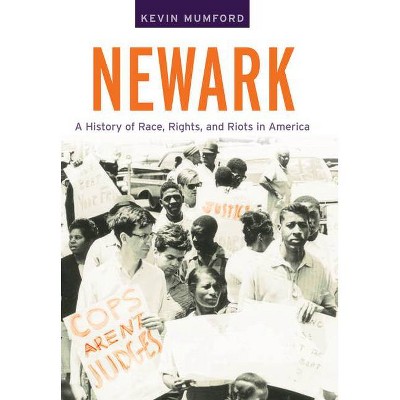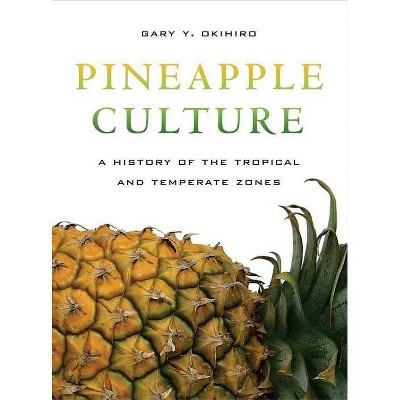Warfare and Culture in World History - by Wayne E Lee (Paperback)
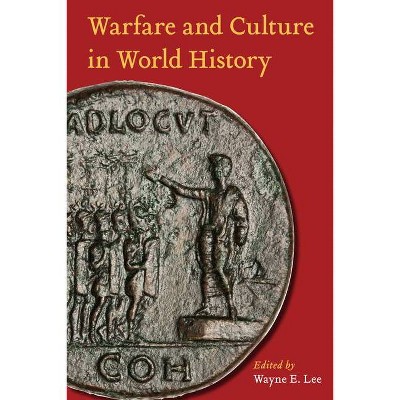
Similar Products
Products of same category from the store
AllProduct info
<p/><br></br><p><b> About the Book </b></p></br></br>"It has long been acknowledged that the study of war and warfare demands careful consideration of technology, institutions, social organization, and more. But, for some, the so-called "war and society" approach increasingly included everything but explained nothing, because it all too often seemed to ignore the events on the battlefield itself. The military historians in Warfare and Culture in World History return us to the battlefield, but they do so through a deep examination of the role of culture in shaping military institutions and military choices. Collected here are some of the most provocative recent efforts to analyze warfare through a cultural lens, drawing on and aggressively expanding traditional scholarship on war and society through sophisticated cultural analysis. With chapters ranging from an organizational analysis of American Civil War field armies to the soldiers' culture of late Republican Rome and debates within Ming Chinese officialdom over extermination versus pacification, this one volume provides a full range of case studies of how culture, whether societal, strategic, organizational, or military, could shape not only military institutions but also actual battlefield choices.--<p/><br></br><p><b> Book Synopsis </b></p></br></br>It has long been acknowledged that the study of war and warfare demands careful consideration of technology, institutions, social organization, and more. But, for some, the so-called "war and society" approach increasingly included everything but explained nothing, because it all too often seemed to ignore the events on the battlefield itself. <br /><br />The military historians in Warfare and Culture in World History return us to the battlefield, but they do so through a deep examination of the role of culture in shaping military institutions and military choices. Collected here are some of the most provocative recent efforts to analyze warfare through a cultural lens, drawing on and aggressively expanding traditional scholarship on war and society through sophisticated cultural analysis. With chapters ranging from an organizational analysis of American Civil War field armies to the soldiers' culture of late Republican Rome and debates within Ming Chinese officialdom over extermination versus pacification, this one volume provides a full range of case studies of how culture, whether societal, strategic, organizational, or military, could shape not only military institutions but also actual battlefield choices.<p/><br></br><p><b> Review Quotes </b></p></br></br><br>A terrific demonstration of the fresh insights cultural analysis can bring to military history. The fascinating range of case studies shows that cultures of war are recoverable--and well worth recovering--from Assyrian times to the present and from all over the globe.--Stephen Morillo, Professor of History, Wabash College<br><br>No future discussion of this fraught topic will be complete without this collection of essays. Vivid arguments, telling points, striking reformulations: this will be a standard work for decades.--Robert Citino, author of The German Way of War: From the Thirty Years' War to the Third Reich<br><br>This book provides the best introduction yet published to the wide and exciting study of war and culture. Readers interested in war, culture, and their roles in global history will find here some of the best current research and writing on the topic.--Michael S. Neiberg, author of Dance of the Furies<br>
Price History
Price Archive shows prices from various stores, lets you see history and find the cheapest. There is no actual sale on the website. For all support, inquiry and suggestion messagescommunication@pricearchive.us
